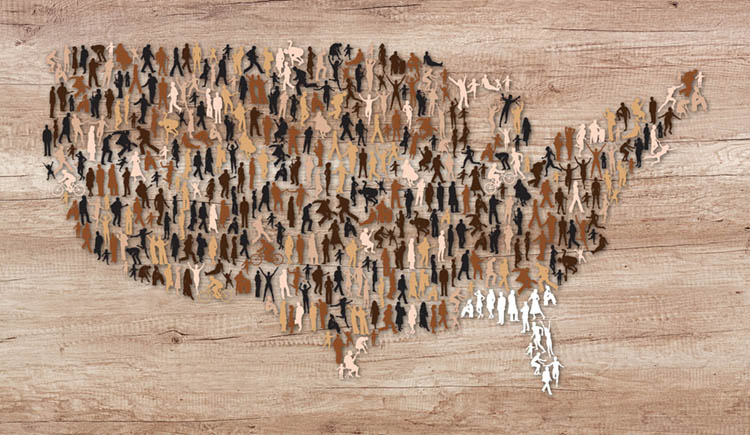Technology forces criminal law to evolve

Shutterstock.com
From algorithms to cellphones, technology’s march forward is forcing criminal law to evolve, according to a panel Thursday at the ABA Annual Meeting in Chicago.
The U.S. Supreme Court’s June 22 decision in Carpenter v. United States, which decided a warrant is required when seeking cell-site location records, is indicative of this evolution.
The opinion, authored by Chief Justice John G. Roberts Jr., grappled with how technology has changed since the 1970s. He wrote, “There is a world of difference between the limited types of personal information addressed in [previous cases] and the exhaustive chronicle of location information casually collected by wireless carriers today.”
“I think many will look back on Fourth Amendment cases as before Carpenter and after Carpenter,” said panel participant Alan Butler, senior counsel at the Electronic Privacy Information Center, at “Cyber Court Review: A Discussion of Recent Court Opinions Addressing Issues in CyberLaw.” The panel was sponsored by the ABA Criminal Justice section.
Shifting topics, panel members discussed how proprietary algorithmic risk assessments being used in sentencing decisions are challenging the notion of an open court process.
Mark Rasch, of counsel at Andrew Grosso & Associates in Washington, D.C., explained that the Wisconsin Supreme Court recently tackled this issue in Loomis v. Wisconsin. In the 2016 case, the question was whether a defendant’s due process rights were infringed by the use of a proprietary algorithm relied upon, in part, to justify a harsher sentence.
See also: “Risk-assessment algorithms challenged in bail, sentencing and parole decisions”
Ultimately, the court decided that the defendant did not have a right to understand how the algorithm worked or why the tool determined that he was high-risk.
Rasch pointed out that without access to the data set and the algorithm, it is near impossible to grapple with “known and unknown biases” the tool may create. However, he noted that these biases might be more fair than current practice.
The panel went on to discuss the definition of bitcoin in financial crime cases and the impact of “unauthorized access” in computer fraud cases. Lorraine Kisselburgh, lecturer at Purdue University, and Andrew Grosso, principal attorney at Grosso & Associates, also participated on the panel.
With unyielding technological advance, there will be more novel issues coming down the pike, noted Judge Bernice B. Donald of the Cincinnati-based 6th U.S. Circuit Court of Appeals. “Courts are going to be struggling with these issues because I think law always tends to trail science,” she said.
In her own work, Donald said, she’s committed to figuring out these new technologies—even though, she admitted, she might not always get it right.
“It’s going to be a challenge that is only going to be more difficult moving forward,” she said.
Follow along with our full coverage of the 2018 ABA Annual Meeting.
Updated Aug. 3 at 2:12 to correct Lorraine Kisselburgh’s title.



